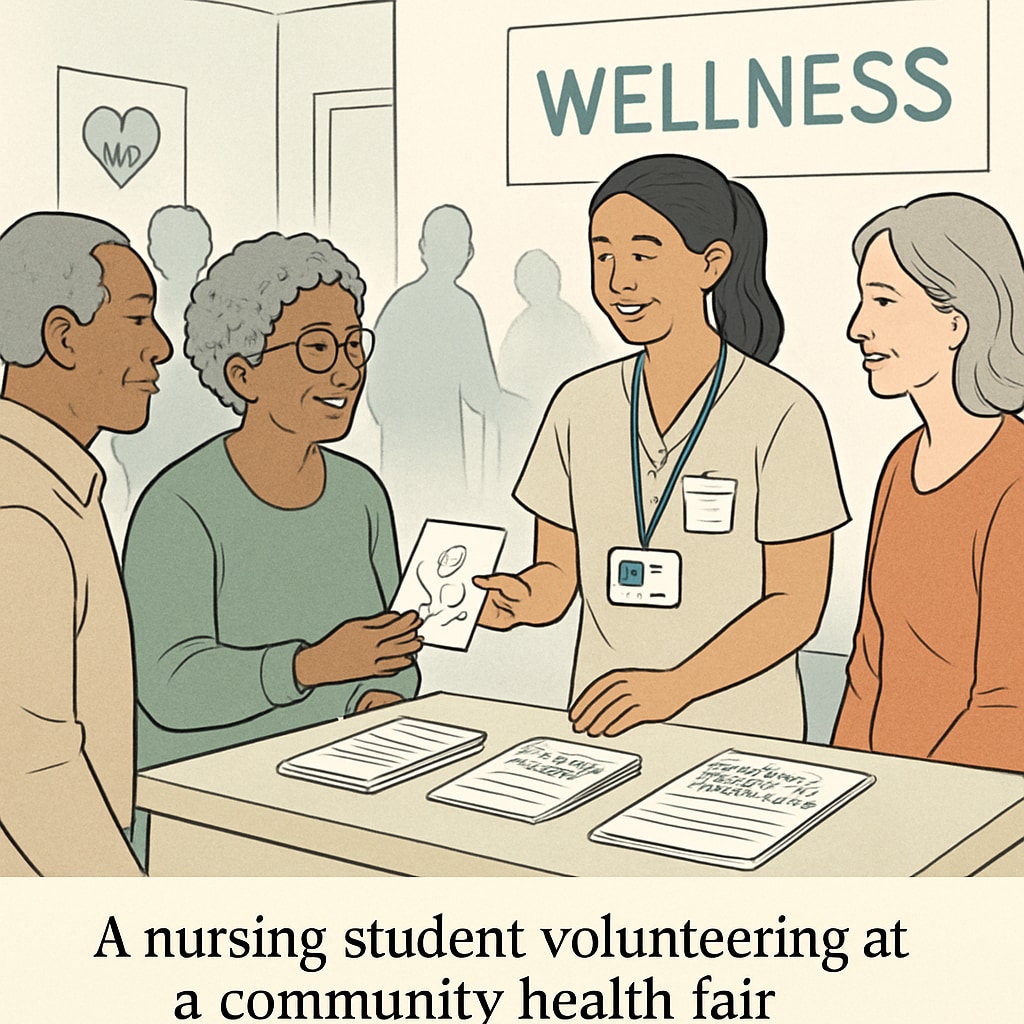Choosing a career in nursing is both rewarding and demanding. For K12 students considering nursing programs, college transfers, and leveraging EMT (Emergency Medical Technician) experience, the challenge lies in finding a balance between rigorous academic requirements and an enriching social life. This article provides actionable strategies to help aspiring nursing students plan their educational paths while achieving harmony between professional goals and personal growth.

Understanding the Importance of Early Planning
Early preparation is critical when pursuing a career in nursing. The journey often begins in high school, where students should focus on building a strong foundation in science and healthcare-related subjects. Participating in extracurricular activities, such as volunteering at hospitals or earning certifications like EMT, not only enhances college applications but also provides valuable real-world experience.
High school students should also research various nursing programs to understand their prerequisites, admission requirements, and transfer pathways. For example, some students may start at community colleges and later transfer to four-year universities offering Bachelor of Science in Nursing (BSN) programs. This route is cost-effective and allows students to explore different learning environments.
Leveraging EMT Experience for Nursing Education
EMT experience is a valuable asset when transitioning into a nursing program. It equips students with hands-on patient care skills, decision-making under pressure, and a deeper understanding of healthcare systems. Many nursing schools view EMT certification as evidence of commitment and practical knowledge, which can enhance an applicant’s profile.
Moreover, EMT experience helps students stand out during college transfers. For instance, students transferring from a community college to a university’s nursing program can highlight their EMT background to demonstrate their readiness for advanced coursework and clinical rotations. This practical experience also bridges the gap between academic learning and real-world application.
Balancing Academic Excellence and Social Growth
While academic success is crucial, students should not overlook the importance of social development. Building relationships, participating in campus activities, and maintaining a healthy work-life balance are essential for overall well-being and career success. Nursing students, in particular, need strong interpersonal skills, which are honed through social interactions and teamwork.
Here are some tips for balancing academics and social life:
- Set realistic goals and prioritize tasks using a planner or digital tools.
- Join student organizations or study groups related to healthcare.
- Schedule regular downtime to relax and recharge.
- Take advantage of campus resources such as counseling centers and academic advisors.

Choosing the Right College for Nursing and Transfers
When selecting a college, students should evaluate whether the institution aligns with their academic and social goals. Some factors to consider include:
- Accreditation: Ensure the nursing program is accredited by recognized organizations such as the CCNE (Commission on Collegiate Nursing Education) or ACEN (Accreditation Commission for Education in Nursing).
- Transferability: Check the transfer agreements between community colleges and universities to ensure a smooth transition.
- Campus Culture: Explore extracurricular opportunities, student support services, and campus life to determine if the environment fosters both academic and personal growth.
- Clinical Opportunities: Look for programs offering diverse clinical placements to gain exposure to different healthcare settings.
For additional guidance, students can consult resources like the American Association of Colleges of Nursing or the National League for Nursing.
Conclusion: A Harmonious Path Forward
Balancing nursing programs, college transfers, and EMT experience is no small feat, but with thoughtful planning, students can achieve both academic excellence and personal fulfillment. By leveraging practical experiences, setting clear goals, and selecting the right educational pathway, aspiring nurses can embark on a successful and well-rounded career journey.
Remember, the key to success lies in finding harmony between professional aspirations and a fulfilling social life. With the right strategies and resources, students can confidently navigate their nursing education and emerge as compassionate, skilled healthcare professionals.


